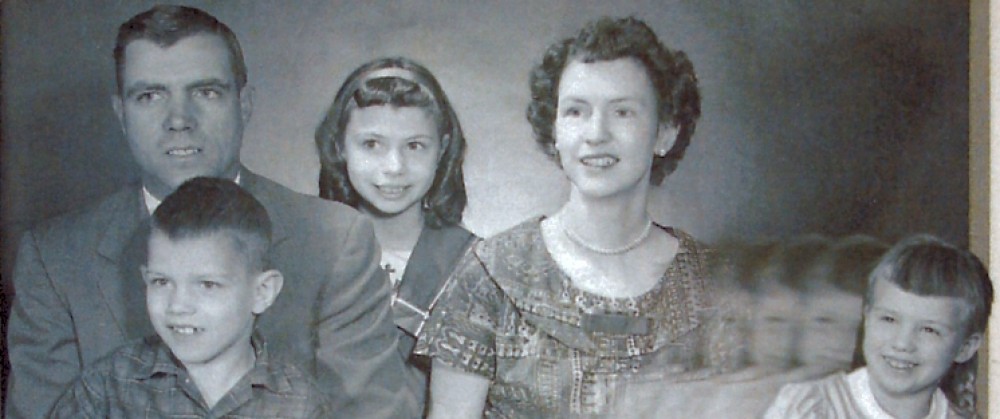“Don’t focus so much on autism that you forget everything else,” Temple says. She certainly follows her own advice. Although she’s been an important model for educators and parents, those with mild autism and has explained autism from the inside too countless people, her autism remains secondary.
Temple is concerned that people with high-functioning autism or Asperger’s have suitable jobs. “In my travels to many autism meetings,m I have observed that high-functioning people with autism or Asperger’s who make the best adjustments in life are the ones who have satisfying jobs,” said Temple.( Temple Grandin, Unwritten Rules of Social Relationships, p. 26)
Temple says that although basic social skills are essential, being the life of the party isn’t. She says that for some “emotional relatedness may be much more limited than we would like it to be, but that’s all right.” Emotional relatedness may develop over time.
Temple said her mother didn’t try to make her a social success. “Mother’s eyes were on a bigger prize–giving me the skills and nurturing the talents that would allow me to graduate from school and live independently,” said Temple. (Ibid, 48)
